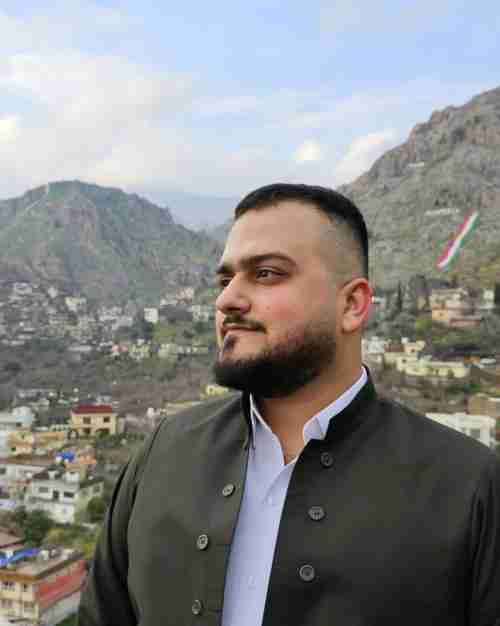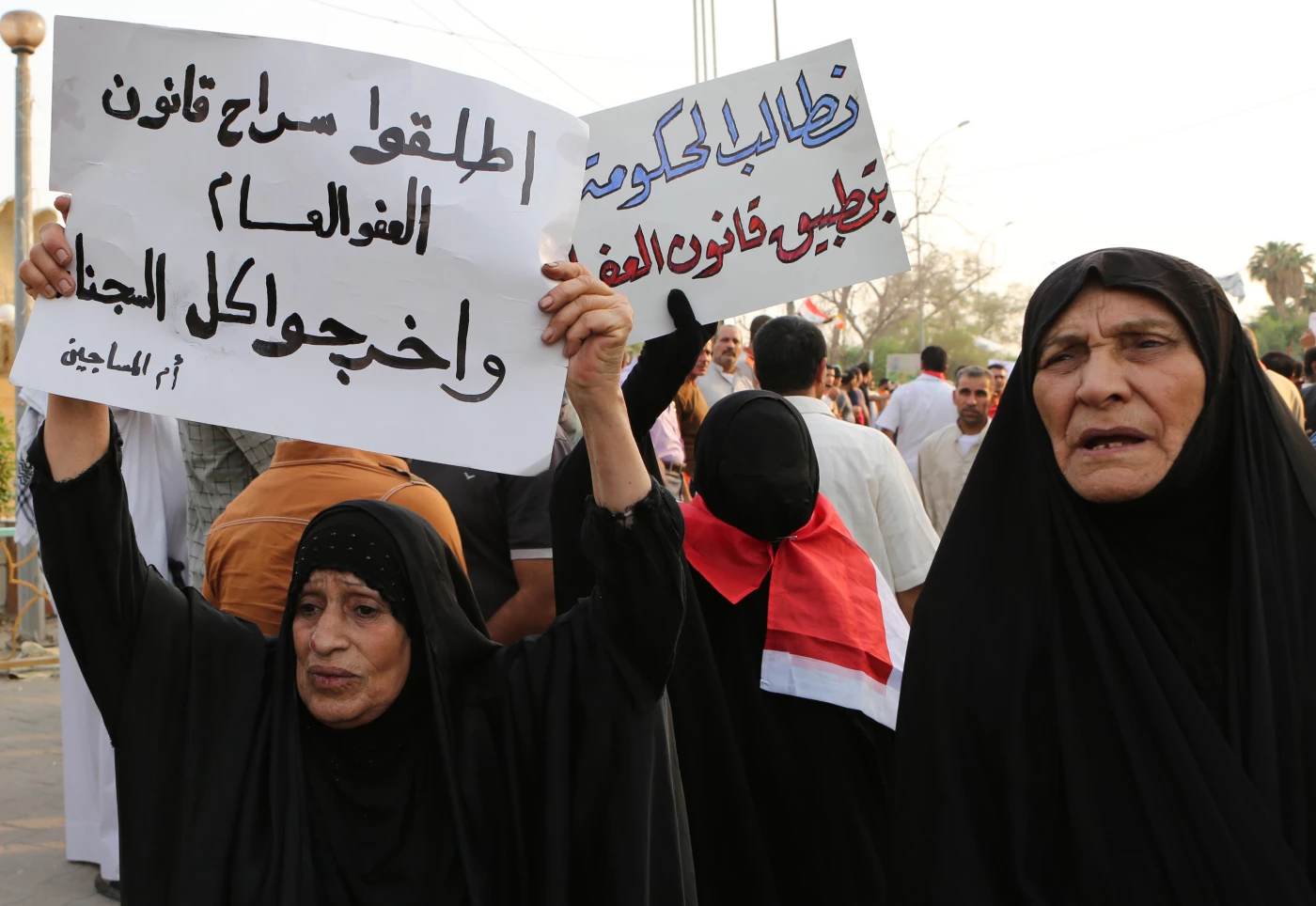MILAN, Italy - The Iraqi Federal Supreme Court’s decision to suspend the implementation of recently-passed bills, including the General Amnesty Law, sparked major backlash from Sunni politicians, with three Sunni-majority provinces suspending working hours for Wednesday in protest.
Iraq's Federal Supreme Court on Tuesday issued a temporary ruling to suspend the implementation of the three controversial bills passed in the parliament in late January: The Personal Status Law amendments, the General Amnesty bill, and a bill to return real estate properties confiscated under the previous Ba’ath regime to original owners.
The court said that the suspension would remain in force until the legal complaints against the bills are settled and their constitutionality is verified.
The Amnesty law was among the main requests of the Sunni component upon the election of Prime Minister Mohammed Shia’ al-Sudani.
The bill was passed through an agreement between Sunni and Shiite lawmakers in return for passing the Shiites’ highly-demanded amendments to the Personal Status Law. The passing of the General Amnesty sparked a lot of controversy in recent weeks, with many claiming that the law would release many who have been imprisoned on terrorism charges, causing security concerns.
A coalition of 10 lawmakers had filed legal complaints to the top court, calling for suspending the implementation of the bills, as they claimed that the voting procedures during the parliamentary session in which they were passed were “not sound.”
Sunni strongman and Iraq's former parliamentary Speaker Mohammed al-Halbousi slammed the ruling by the federal court, calling the court “unconstitutional”, and stating that they will confront the decision, while calling for “massive demonstrations that shake the foundations of injustice.”
“The Amnesty law that was passed is exclusively to provide justice to the innocent and oppressed, and we do not accept the release of terrorists,” Halbousi elaborated.
Halbousi also called for “a comprehensive and complete boycott” of all state institutions that “do not respect the will of the people and the agreements between its components.”
Many Sunni politicians and political parties quickly followed Halbousi’s statement, voicing their strong disagreement with the court’s ruling.
The Sunni Sovereignty Alliance said in a statement that, while they respect all of the rulings of the federal court, they were “surprised” by the recent decision, calling on the court to reconsider the ruling and pass the law as soon as possible.
The alliance also held the lawmakers who had filed the complaints responsible for “attempts to exploit the street and mobilize it for personal interests.”
The governors of Salahaddin and Nineveh provinces declared that working hours for Wednesday would be suspended in protest of the top court's decision, while the governor of Anbar suspended working hours for three days.
Mohammed Ibrahim al-Hafidh, chairman of the Kirkuk provincial council, said that the ruling is “a blow to the national partnership” and the political agreements upon which the current Iraqi government was formed, and announced suspending working hours for the provincial council and all institutions in the province in protest.
Kirkuk’s education directorate quickly responded to the provincial council chief’s statement, announcing Wednesday as an official working day.
In response to the backlash, the Shiite Coordination Framework announced its support for the top court’s decision, calling it a “constitutional right” of the court.
“The Coordination Framework is surprised by the attack against the Federal Court,” read a statement by the Shiite ruling faction, calling the criticism “an attempt to undermine its [the court’s] reputation and seek to deprive it of its constitutional right to monitor the constitutionality of laws.”
Ali al-Fatlawi, an MP of the Shiite Fatah Alliance, said that the demonstrations called for by Halbousi represent a danger to Iraq’s political and security stability, stressing that they will not allow any attacks on the judiciary.
“These demonstrations may be exploited, as happened previously, by terrorism, and therefore we must be careful of such suspicious calls,” he told The New Region.
The Sunnis believe that following the years of war since 2003 and after the so-called Islamic State rule, their community was among the most affected by unjust mass arrests and terrorism charge allegations, given that many of the insurgencies would originate from Sunni majority areas in the country.
The law redefines the concept of affiliation to terrorism, through which the cases of many in Iraq will become easier to resolve. The bill could save the lives of scores of innocent people from the country’s prisons, but could also lead to the release of the guilty too if not implemented properly.



 Facebook
Facebook
 LinkedIn
LinkedIn
 Telegram
Telegram
 X
X


